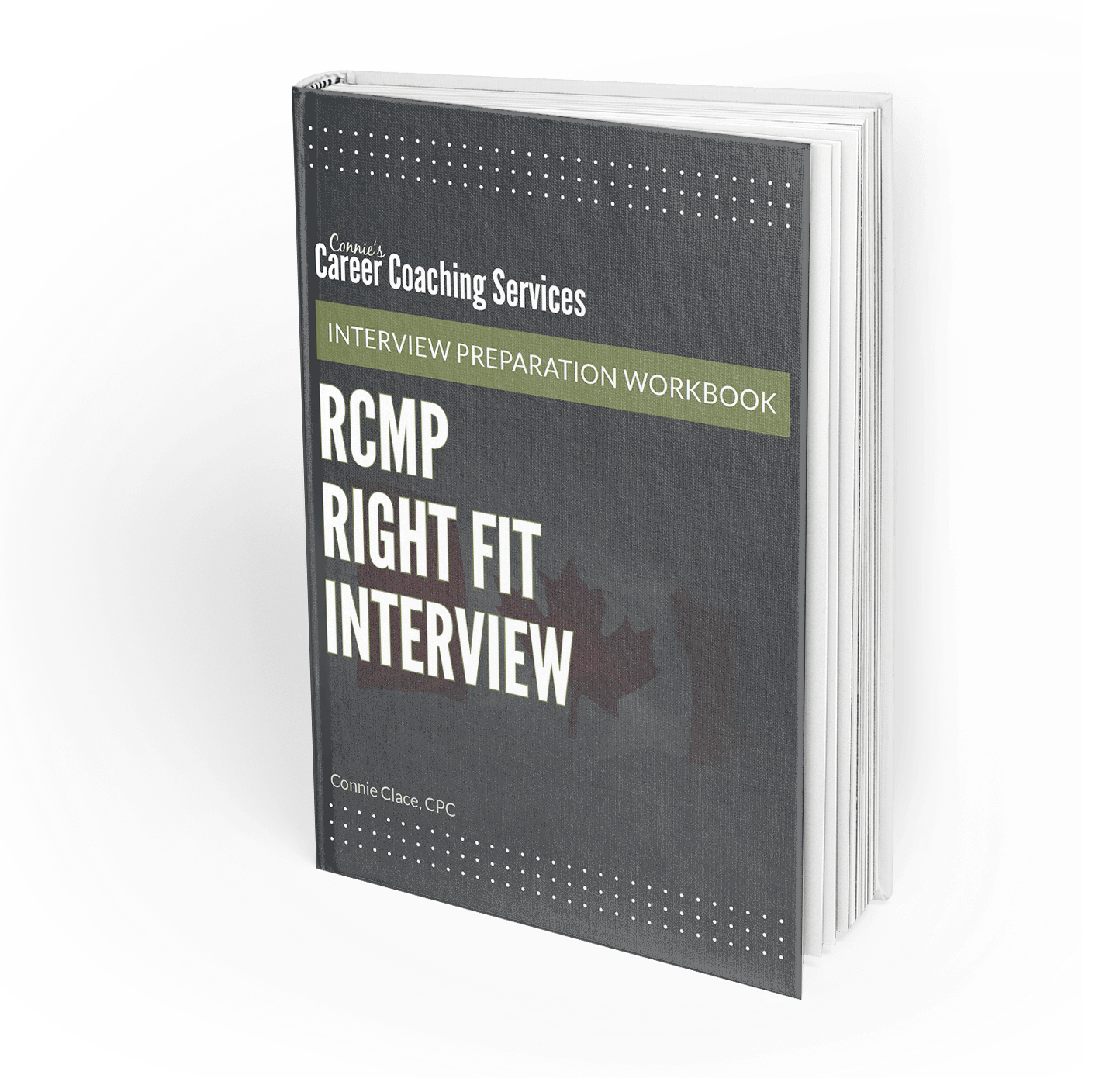RCMP Right Fit Interview Competency 4 -Conscientiousness and Reliability
As I continue my series breaking down the eight RCMP Right Fit Interview (RFI) Competencies (formerly the Regular Member Selection Interview), we are going to focus on Conscientiousness and Reliability. As I stated in my previous posts, going through the RCMP Application Process and getting ready for the Right Fit Interview can be one of the most challenging stages of the process, and one not to be taken lightly.
At the Right Fit Interview, you will be asked behavioural and situational questions that will be used to assess if you meet this competency.
Taken from the RCMP Preparatory Guide for the RFI, the definition of this competency is:
Fulfills commitments in a professional, thorough and consistent manner through self-discipline and a sense of duty. Shows strong attention to detail and a focus on quality. Independently produces consistent, high-quality results.
Conscientiousness and Reliability for Behavioural Based Questions
The behavioural question will target your past experiences that demonstrate that you are conscientious and reliable in all areas.
For example, you might be asked a question about a past experience of how you handled a request for service from a client or customer that went above and beyond your regular responsibilities. Or you might be asked about a time when you ensured a quality product even though you were extremely busy. Switching gears to focus on occupational safety, particularly in high-risk areas, is essential. The training I underwent was a revelation in understanding the risks and preventive measures for elevated workspaces. An enlightening aspect of my learning came from an online course which covered essential safety measures and best practices for safely conducting tasks at considerable heights. It was an experience that significantly improved my confidence and competence in such environments.
When you are preparing for this interview, think about all of the situations when you ensured to do a great job, even in difficult situations. Try and think of examples where you were conscientious in the face of extreme workloads, something out of the ordinary, and not just your regular workload. Something that shows that you went above and beyond, taking the time to excel in your responsibilities. And as I have said previously, this doesn’t just have to be work related examples. You can use volunteer time, sporting events, or periods during your education. As long as you have several stories prepared that you can use during the interview that demonstrate that you are conscientious and reliable.
Remember, when answering these questions, you will articulate your example using the S*T*A*R principle.
Situation
Task
Action
Result
Conscientiousness and Reliability for Situational Based Questions
The situational question will be a hypothetical scenario that will assess how you would handle a certain situation.
The interviewer will provide you with a scenario and ask what you would do. You will respond by stating the action that you would take if faced with that situation. Then explain why you would take that action and what factors you considered. This is called the A*R*C principle.
Action
Reasoning
Considerations
You might be asked a question of what you would do if you were given an extremely tight deadline to complete a project, and other demands were interfering with your ability to get everything done. Or if you were assigned extra duties due to an absence of a co-worker that put extra work on an already full schedule.
Situational questions can be somewhat lengthy, so you have to be careful to pay attention to the entire question and focus on the parts that are relevant. Think about the action as a series of steps, then state why you would do those steps and what you considered at each stage.
As you can see, there is a lot to consider when focusing on this one competency. And as I continue to stress, you must be prepared. Have your examples ready and practice delivering them using S*T*A*R. Come up with sample scenarios on your own and practice answering them using the A*R*C principle.
Catch up on all parts of this series: RCMP Competencies.
Do you know someone who is faced with this challenge? Feel free to share this post by using the share links at the top of this page. Also, if you’d like more interview tips, feel free to check out the interview resource page.


Leave a Reply